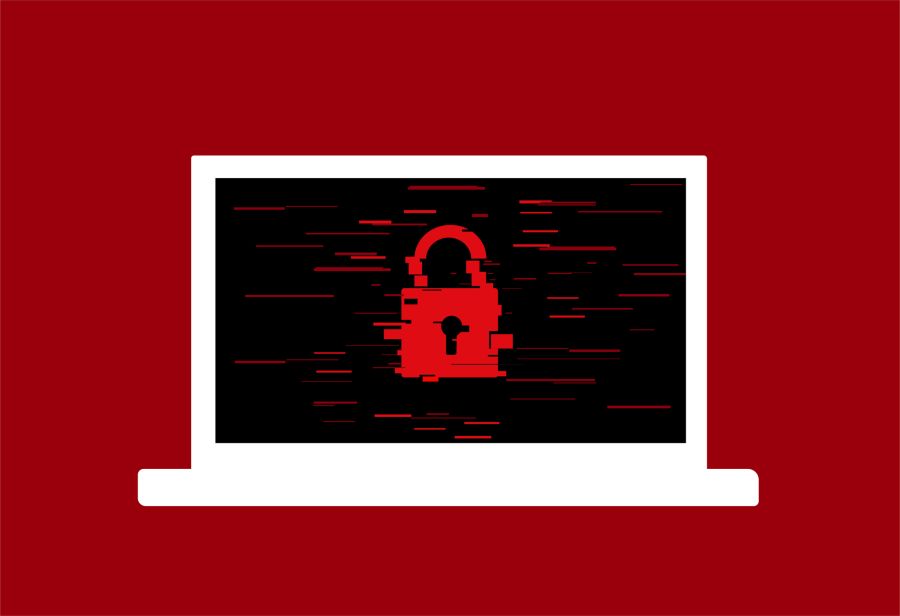
Weill Cornell and Ithaca’s security teams have received several general advisories from multiple governments and private organizations regarding potential cyberattacks emanating from Russia. The US Cybersecurity and Infrastructure Security Agency (CISA) has also issued a “Shields Up” advisory to organizations in response to active and successful cyberattacks against the Ukrainian government, as well as potential cyberattacks against Ukraine’s allies.
While there is currently no indication that Weill Cornell is a specific target, hackers are constantly probing for targets of opportunity via systems that are not adequately protected.
Hackers may try to send you malicious email attachments or links, trick you into visiting a malicious website, or take advantage of missing security patches on your computer. Some cyberattacks are so severe that they easily spread to other computers on a network if adequate protections aren’t in place.
1. Be on the lookout for unexpected or strange emails. Hackers often try to exploit emotions, such as charitable appeals. If something doesn’t seem right, report the email with the Phish Alarm button in Outlook and our malware detection system will review the contents.
2. Don’t approve unexpected Duo login requests. If you receive an unexpected Duo prompt, follow Duo’s on-screen prompts to deny the request and report the suspicious activity.
3. Make sure your WCM-owned computers and devices are tagged, if possible. Tagged computers are provided with additional security defenses to help protect against cyberattacks.
4. Keep personal computers protected. If you have a personal computer, make sure it is kept up to date with security patches and anti-malware software.
There is a tremendous amount of false information spread on the Internet to confuse people. Do not trust or rely on information from new, unknown, or random social media accounts on sites such as LinkedIn, Instagram, Facebook, or Twitter. Even forwarded messages from trusted friends and colleagues should be reviewed carefully. Many accounts on these sites were created for the sole purpose of putting out fake information. Instead, follow only well-known trusted news sources who verify the authenticity of information before they broadcast it.
If you wish to donate to any causes in support of recent events, once again, make sure you are donating to a trusted charity. There will be many scams attempting to trick people into donating to fake charities operated by cyber criminals.
Together, let’s strengthen our approach to cybersecurity and better protect ourselves and our communities.
Please reach out to ITS with any additional questions.